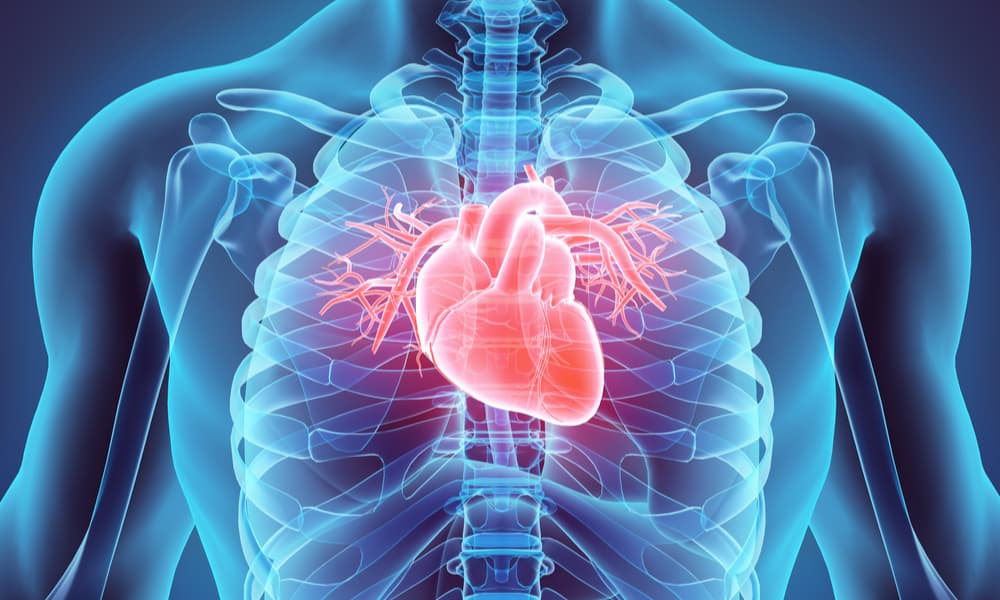When it comes to the body’s ticker, nothing can be taken lightly. Cardiovascular health is key to maintaining overall wellness. As research continues to grow on how weed can be used to treat other medical conditions and health issues, many wonder about its effects on one of the body’s most vital organs and systems. Concerned for this important set of functions, users of both medical and recreational pot need the answer to a critical question. Does cannabis affect cardiovascular health?
What Makes for Good Cardiovascular Health?
Today, cardiovascular disease accounts for around 800,000 deaths per year. According to the American Heart Association, it remains the leading cause of death in the United States. Furthermore, the US spends the most annually on fighting and treating cardiovascular disease, expending over $300 billion every year. These numbers show how crucial it is that Americans start paying attention to their heart health.
Following a heart-healthy diet and sticking to an exercise program that includes cardio activity can help to keep the cardiovascular system in shape. This means avoiding salty food and foods loaded with saturated and trans fats. But also, if concerned about heart health, pay attention to blood pressure.
High blood pressure can cause strain on the heart and increase the chance of heart disease.
Alcohol has also shown to cause negative effects on the heart. But when it comes to weed, doctors and researchers are working to answer questions about heart health. Here are some answers to the question, “Does cannabis affect cardiovascular health?”
The (Mostly Positive) Effects of Cannabis

Research has shown the body’s endocannabinoid system responds well to the introduction of cannabis. The drug provides relief for a number of conditions, including MS, seizures, cancer treatment recovery,


